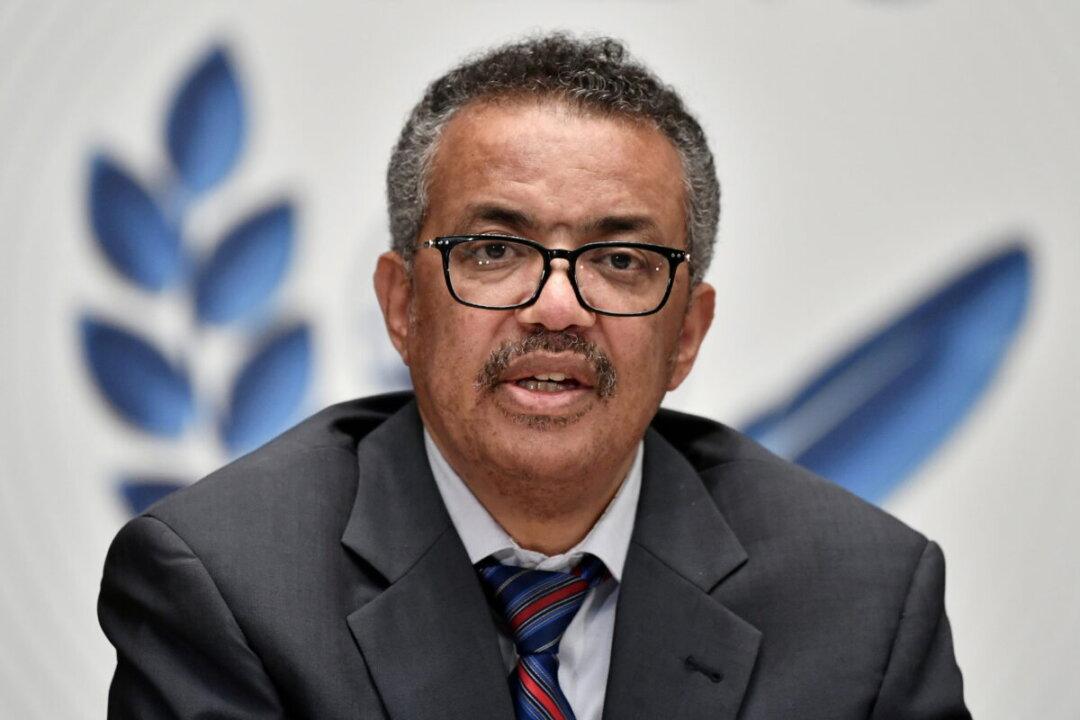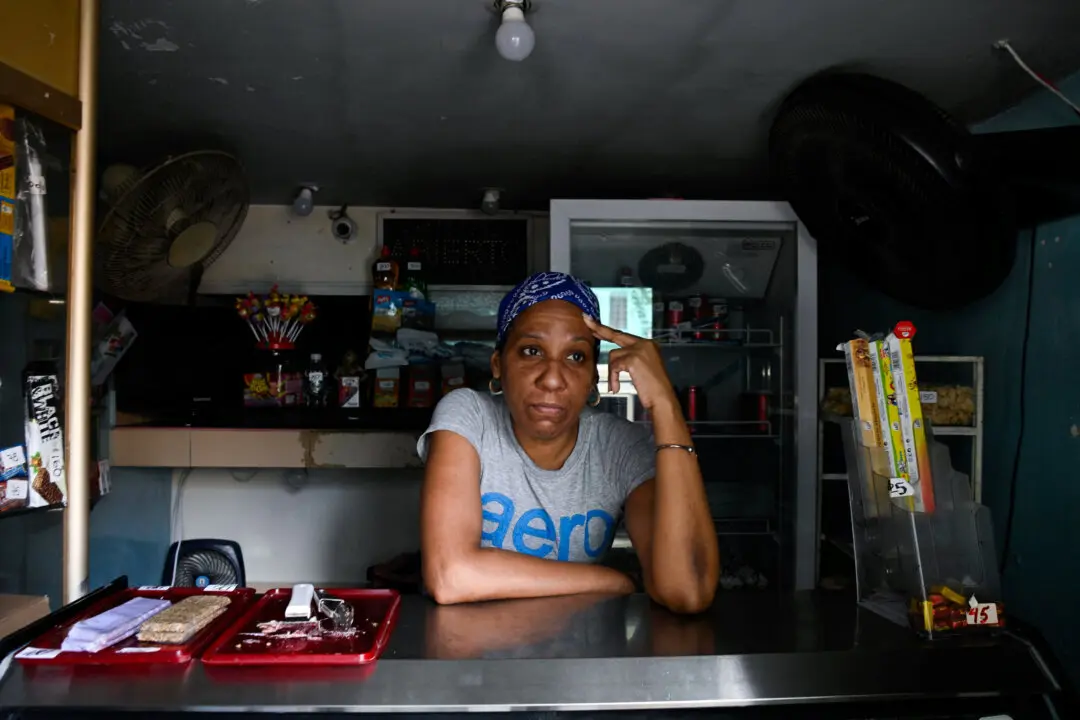GENEVA—The number of monkeypox cases reported globally dropped 21 percent in the last week, reversing a month-long trend of rising infections and signaling that Europe’s outbreak may be starting to decline, the World Health Organization (WHO) said Thursday.
The U.N. health agency reported 5,907 new weekly cases and said two countries, Iran and Indonesia, reported their first cases. To date, more than 45,000 monkeypox cases have been reported in 98 countries since late April.






